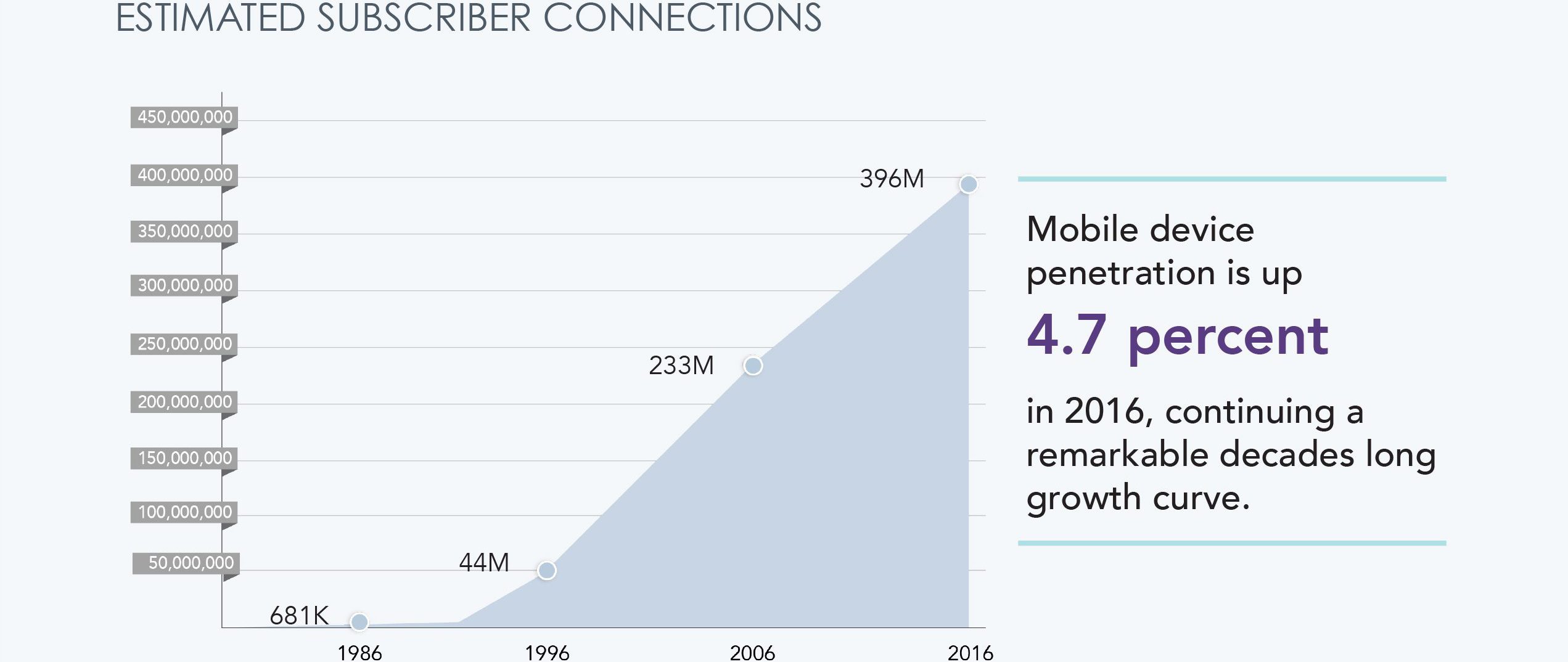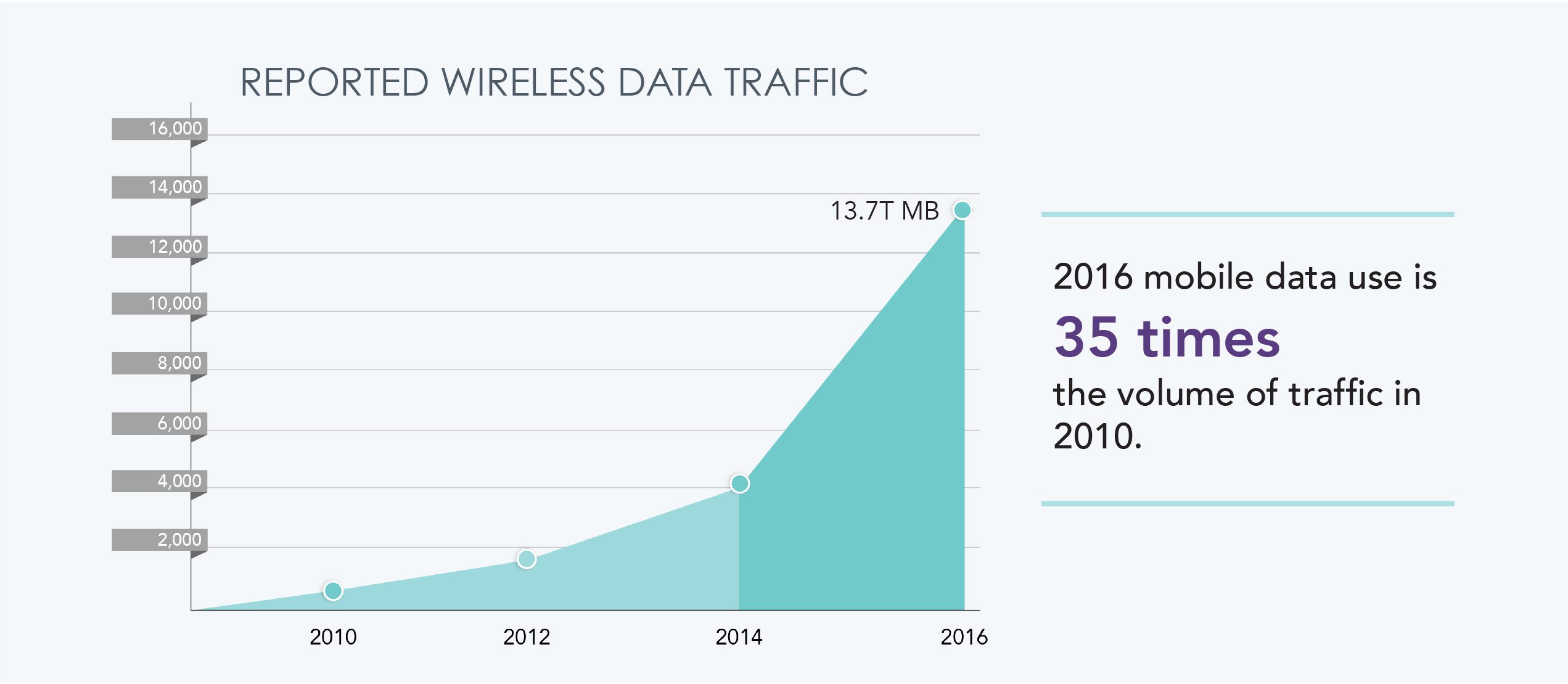It is estimated that in the US alone, there are 396 million mobile device subscriber connections. That calculation suggests that there are approximately 1.2 connected devices for every person in the US. As the number of devices continues to grow, the amount of data traffic is through the roof — up to 13.7 trillion megabytes in 2017. eDiscovery professionals must consider the tremendous amount of evidence that is tangled up within those 13.7 trillion megabytes of data.
 |  |
Source: CTIA 2017 Wireless Snapshot
Another high growth element to the mobile first custodian is the proliferation of apps. In June 2015, there were 100 billion iOS downloads. While social media is by far the most popular app category, there are shadow IT apps and chat apps that often contain important caches of evidence. eDiscovery efforts must grow beyond email to include these rich ESI repositories.
The usage of mobile devices and the complexity of the mobile ecosystem increases appreciably with millennials. The age group from 18 to 34 purchases significantly more apps. Studies have shown that this demographic prefers messaging and chat to email.
Your case’s “smoking gun” may very well reside within a Slack Instant Messaging conversation. A fitness mapping application may be able to prove your client’s whereabouts with their geolocation feature. Whether through messaging, geolocation, or other valuable ESI, it is important to understand the makeup, character, and quality of the custodians you’re dealing with and their propensity to use apps that may lead to additional evidence.
Beyond the sheer number of devices in our society is the fact that most mobile operating systems now enable cross-device sharing and file access. When you think about custodians and mobile devices, you need to think about it as an entire ecosystem comprised of the cloud, smartphones, tablets, laptops, and desktops. For better or for worse, porting data from one device to another has never been easier.
The ramifications of this sharing can be especially painful when Bring Your Own Device (BYOD) practices allow employees to network their personal devices with workplace systems. The consequences of allowing sensitive information to reside on an unencrypted misplaced cell phone or tablet can be disastrous for an IP agency. Employees can take it upon themselves to create unofficial work message groups on various messaging apps. Unmonitored, unsanctioned conversations, happening on company time, under a company’s name, can certainly lead to a murky labor dispute.
The explosive growth of apps on mobile platforms creates significant eDiscovery challenges. Fortunately, the headaches caused by new technology can also be solved by new technology. An increasing number of eDiscovery platforms can process data that comes from mobile devices. Lexbe, for example, is equipped to handle popular files such as Apple notes, iMessages, Slack, Microsoft Teams, office 365, Google Apps and numerous other native applications. Moreover, our professional services team can perform social media extractions. In modern litigation, there is no room for ignoring mobile devices and applications as potential evidence repositories. With the right planning and competent eDiscovery technology, you will be able to zero in on important evidence, regardless of where it resides.
Webinar
[embedyt]https://youtu.be/s4p7-LRpoUs[/embedyt]
Webinar Resources
Addressing the eDiscovery Challenges of the Mobile First Custodian – PDF Download
Addressing the eDiscovery Challenges of Mobile First Custodian – MP3 Download

